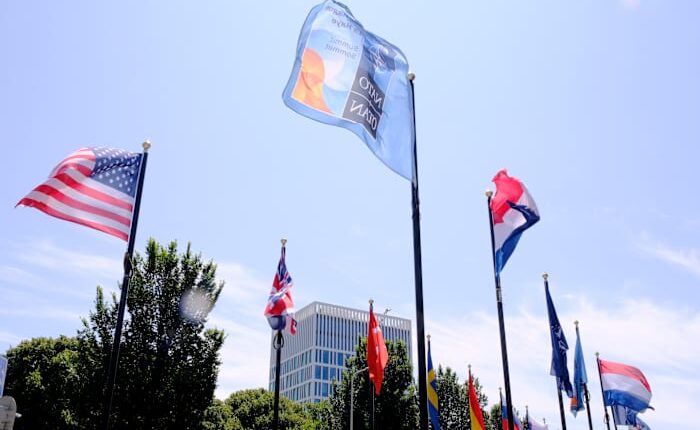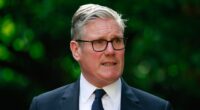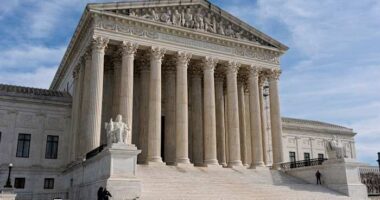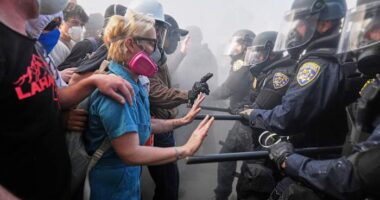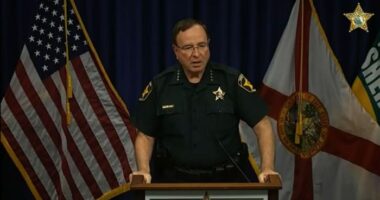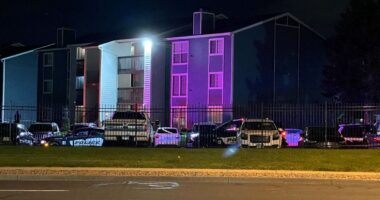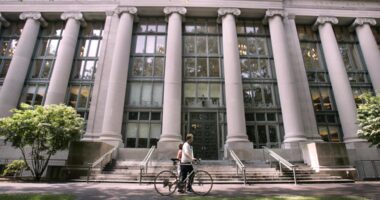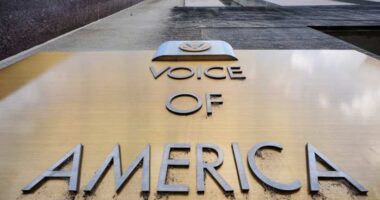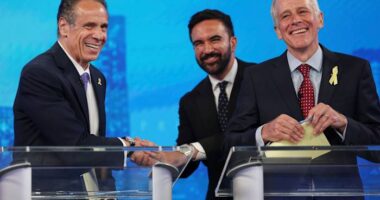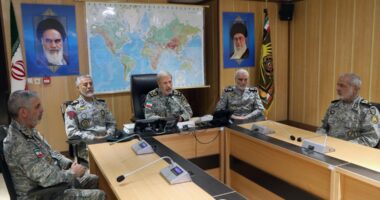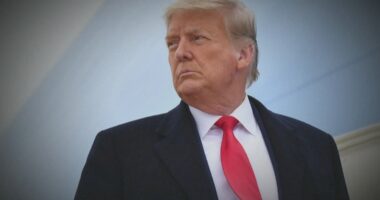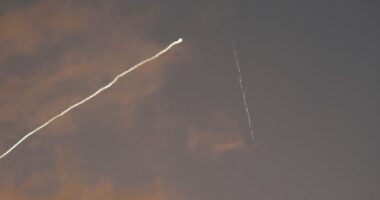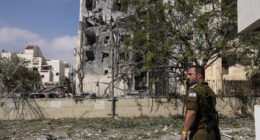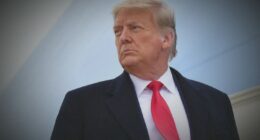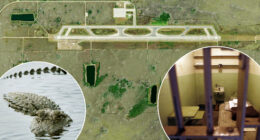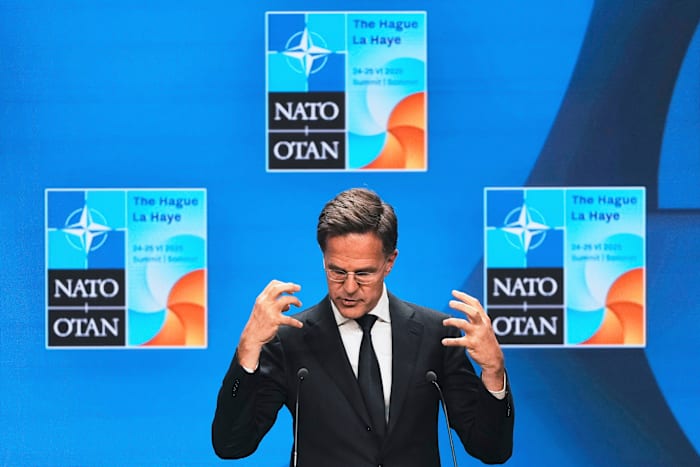
THE HAGUE – World leaders convened in the Netherlands on Tuesday to kick off a momentous two-day NATO summit. The gathering carries the potential to either solidify the unity of the world’s largest security organization around a fresh defense spending commitment or accentuate existing rifts among the 32 member nations.
It is anticipated that the allies will formally approve a target of allocating 5% of their gross domestic product towards security expenditures. This financial commitment aims to bolster the alliance’s capabilities to counter external threats effectively.
The focus of U.S. President Donald Trump’s participation in this NATO summit, his first since assuming office again, was expected to revolve around how the U.S. managed to broker the groundbreaking military spending agreement with other member countries in the alliance. This achievement essentially positions the U.S. as a driving force in shaping NATO’s agenda.
But in the spotlight instead now is Trump’s decision to strike three nuclear enrichment facilities in Iran that the administration says eroded Tehran’s nuclear ambitions, as well as the president’s sudden announcement that Israel and Iran had reached a “complete and total ceasefire.”
Past NATO summits have focused almost entirely on the war in Ukraine, now in its fourth year. NATO Secretary General Mark Rutte insisted that it remains a vital topic.
Ukrainian President Volodymyr Zelenskyy arrived in The Hague for a series of meetings, despite his absence from a leaders’ meeting aiming to seal the agreement to boost military spending.
It’s a big change since the summit in Washington last year, when the military alliance’s weighty communique included a vow to supply long-term security assistance to Ukraine, and a commitment to back the country “on its irreversible path” to NATO membership.
In a joint tribune on the eve of this year’s summit, French President Emmanuel Macron and German Chancellor Friedrich Merz said they backed U.S. peace efforts that should preserve Ukraine’s sovereignty and European security.
“For as long as the current trajectory lasts, Russia will find in France and Germany an unshakeable determination. What is at stake will determine European stability for the decades to come,” they wrote in the Financial Times newspaper.
“We will ensure that Ukraine emerges from this war prosperous, robust and secure, and will never live again under the fear of Russian aggression,” the two leaders wrote.
Ahead of the official program, Zelenskyy is scheduled to meet with Dutch Prime Minister Dick Schoof. Later in the day, Zelenskyy will address the Dutch parliament.
Copyright 2025 The Associated Press. All rights reserved. This material may not be published, broadcast, rewritten or redistributed without permission.
